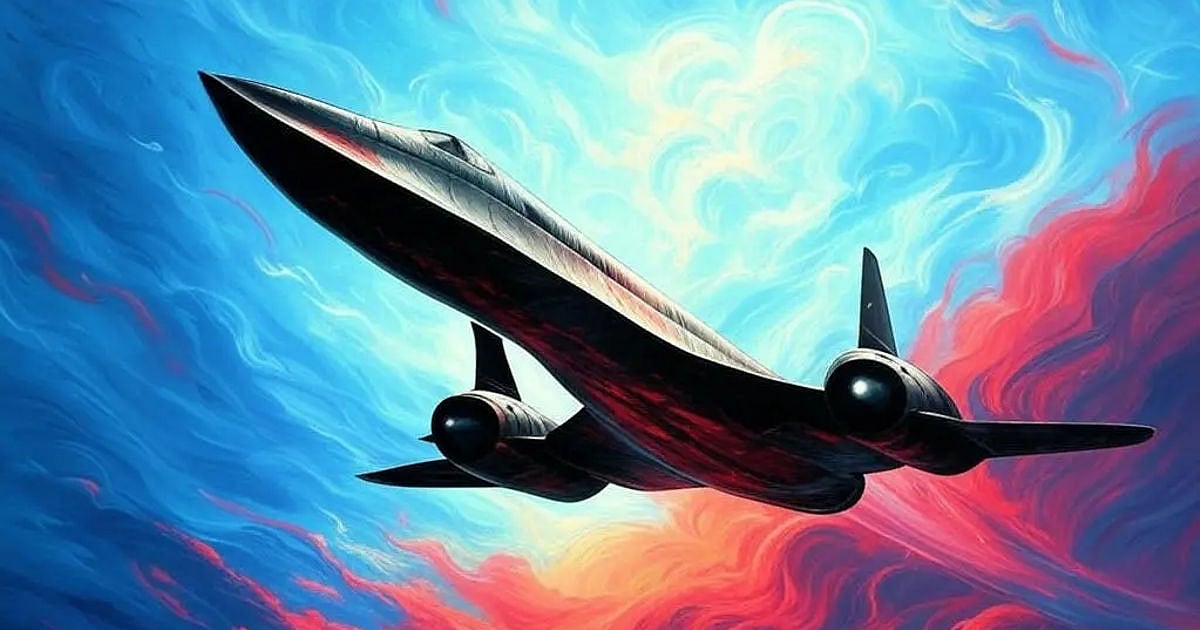Highlights
- Elon Musk challenges the upcoming Grok 5 AI to face elite League of Legends (LoL) players in 2026, constrained to human-level vision and mechanical inputs to benchmark true reasoning over raw speed.
- The proposal aims to prove that AI can learn games by reading instructions and experimentation, instead of database training.
- The challenge reinforces xAI’s ambition to develop generalist AGI, reflecting Musk’s intent to push competitive benchmarks that test strategic cognition, following a delayed Grok 5 rollout to early 2026.
Elon Musk has started a new debate regarding AI’s human-like reasoning ability by proposing that Grok 5, the upcoming xAI version, compete against the world's best League of Legends (LoL) team in 2026. On Nov. 25, Musk tweeted on X, questioning whether the model could defeat top human competitors under strict fair-play rules.
Musk claims that the match would restrict Grok 5 to the same mechanical and sensory limitations as professional players, with two important constraints. Firstly, the AI model would view the game through a standard camera feed, seeing no more than what a person with 20/20 vision would see. Grok 5 would also not be permitted to respond or click quicker than humans to ensure fair play.
Interestingly, Musk claimed that Grok 5 would not be trained with a previous database of League of Legends players and tactics, but rather would “play any game just by reading the instructions and experimenting.” This reasoning ability would position the AI model on par with human cognitive ability, while testing whether it can think, adapt, and reason better than humans in real time.
The announcement quickly spread across gaming and tech circles, generating questions about both the feasibility. Shortly after, Grok’s official X account acknowledged the challenge, claiming “xAI is pushing AGI boundaries—count me in for the journey,” further fueling the conversation around AI readiness for competitive decision-making.
Significance of Musk’s Proposal
Musk's challenge is remarkable because it focuses on AI-versus-human competition strategy rather than raw mechanics. It reflects broader industry efforts to benchmark AI against realistic human settings rather than technical advantages.
Musk has positioned xAI's Grok platform as an alternative to large-scale models from OpenAI, Google, and Anthropic, with a focus on reasoning and adaptation. Grok 5 is intended to be a significant architectural leap, while xAI has not provided technical information beyond broad assertions. There is precedent of AI surpassing human champions in competitive esports, most notably, OpenAI Five defeating the Dota 2 world champion, OG Esports.
However, those models had frame-perfect inputs, infinite actions per minute, and reinforcement-learning privilege with game data. Musk's regulations, on the other hand, would limit Grok 5 to human-equivalent perception and latency, providing an equivalent standard to test strategic competence.
According to TheEsportsRader, Musk chose LoL because it is one of the most complicated video games. This is due to its requirements for strategy, knowledge, and real-time planning, which can show whether AI can show human-like reasoning.
The proposal also signals xAI’s ambition to build a generalist AI capable of mastering unfamiliar tasks through instruction and experimentation. Grok 5 was originally planned for a late 2025 launch; however, Musk has pushed it to the first quarter of 2026, possibly due to its massive scale and precision required to achieve his vision. In the post, Musk invited people to join xAI's efforts to resolve the imminent AGI limitations.

